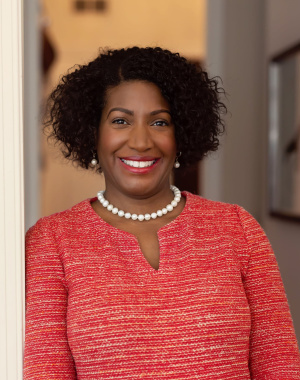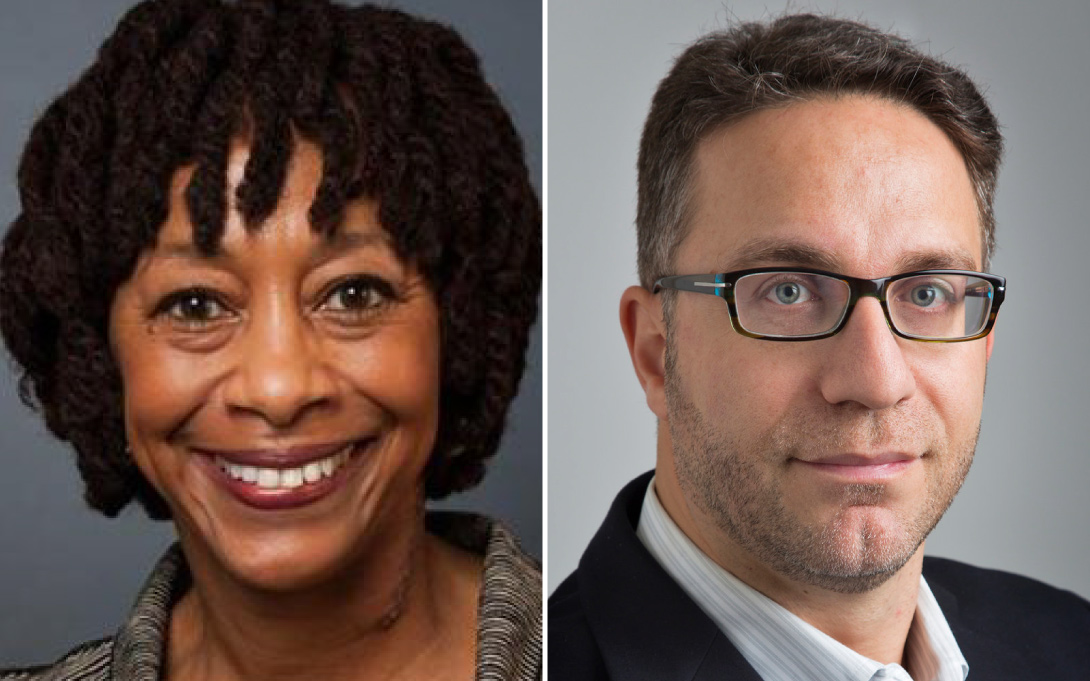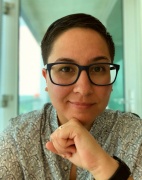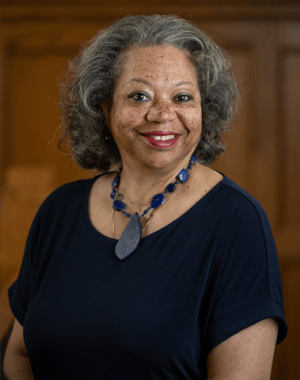
Transnational advocacy and the BLM network
Speaker
Gay McDougall, Jamil DakwarDate & time
Location
This is a Virtual Event.
Understanding how race intersects with public policy has never been more important. This requires examining the racial foundations of public policy in the United States—the focus of an inaugural series convened by the Center for Racial Justice (CRJ) this fall—and how race impacts policy choices and consequences at the global level. This winter, the CRJ is partnering with the International Policy Center and Weiser Diplomacy Center to host a series on race in international relations. The series will explore topics including America’s relationship with the colonial project, the racial dimensions of international governance interventions, and the role of race in the development of the international relations discipline.
Please join us on March 17 for the final event in that series - a conversation with two leading human rights advocates, Gay McDougall and Jamil Dakwar. They will share insights in dialogue with Ford School Professor John Ciorciari on the global Black Lives Matter (BLM) movement. They will discuss how a transnational advocacy network developed, focusing on how civil society leaders in the United States and internationally have worked with concerned officials in public and private international institutions to advance the vital BLM cause.
About the speakers
Gay McDougall is a Distinguished Scholar-in-Residence at the Leitner Center on International Law and Justice at Fordham University Law School. She has worked on the fault-lines of race, gender and economic exploitation in the American context and in countries around the world. She has received a MacArthur “Genius” Award for her work in pursuit of global human rights, and in 2015 the South African government bestowed on her their national medal of honor for non-citizens, the Order of O.R.Tambo Medal, for her extraordinary contributions to ending apartheid. She currently serves as a member of the UN Committee on the Elimination of all Forms of Racial Discrimination. She was the first UN Independent Expert on Minority Issues, and for 14 years she was executive director of Global Rights, working with human rights advocates in 10 countries around the world to develop their strategies for justice. Prior to that she played a special role in securing the release of thousands of political prisoners in South Africa and Namibia. She was then appointed to the electoral commission that in 1994 ran the first democratic elections in South Africa that ended apartheid and installed Nelson Mandela as president. She holds a JD from Yale Law School, an LLM in public international law from the London School of Economics and Political Science, and a BA in social science from Bennington College, as well as nine honorary Doctor of Law degrees.
Jamil Dakwar is director of the American Civil Liberties Union’s Human Rights Program (HRP). He leads a team of lawyers and advocates who use a human rights framework to complement existing ACLU legal and legislative advocacy. HRP conducts human rights public education and engages in litigation and advocacy before U.S. courts and international human rights bodies. Before joining the ACLU in 2004, he worked at Human Rights Watch, where he conducted research, advocacy and published reports on issues of torture and detention in Egypt, Morocco, Israel, and the Occupied Palestinian Territories. Before coming to the United States, he was a senior attorney with Adalah, a leading human rights group in Israel, where he filed and argued human rights cases before Israeli courts and advocated before international forums. He has been a member of the board of directors of the International Justice Research Center since 2011. He is graduate of Tel Aviv University and NYU School of Law.
Faculty conveners
This series is part of the Ford School’s broader initiative, led by the Center for Racial Justice, on the Racial Foundations of Public Policy. The series is convened by Professors Celeste Watkins-Hayes, Susan D. Page, and John Ciorciari.
Have any questions?

